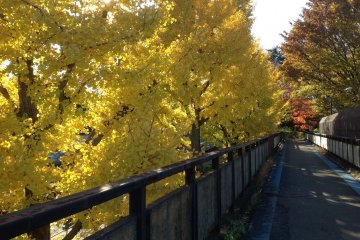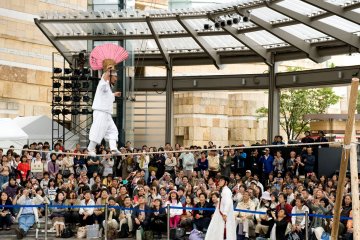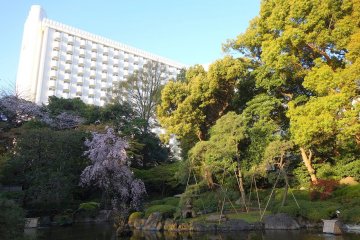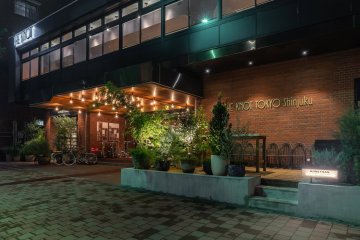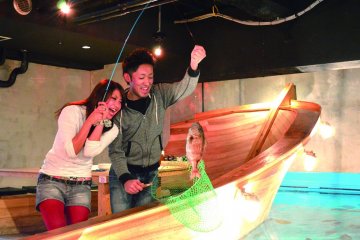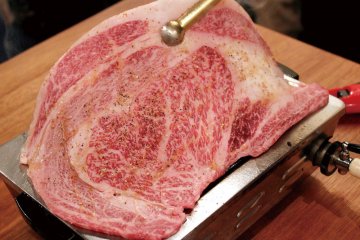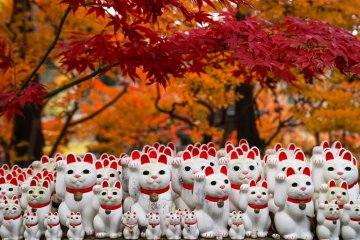Komazawa Olympic Park, located in both Meguro and Setagaya, Tokyo, is a sports facility built for the 1964 Summer Olympics. Approximately 90 percent of the park area is in the Setagaya district, while the remaining 10 percent is in the Meguro district At the beginning of the 20th century, the area served as a golf course, on which even Emperor Hirohito and King George V of England were invited to a game.
The extensive grounds offer several sports facilities, including baseball fields, tennis courts, a swimming pool and a sports hall. There is also a stadium for 20,000 people, which is a venue for both soccer and American football games. There is also a very nice route that is ideal for jogging or cycling.
[Photo: no_typographic_man / CC BY-NC-ND 2.0]



/139.66045618057,35.625802883615,9/397x132?access_token=pk.eyJ1IjoiamFwYW50cmF2ZWxtYXBzIiwiYSI6ImNqbXBtOXYxbDB5Z3ozbHFrazJuYWMwOGYifQ.v15fy_mcFWtgopmz8PhwqA)


